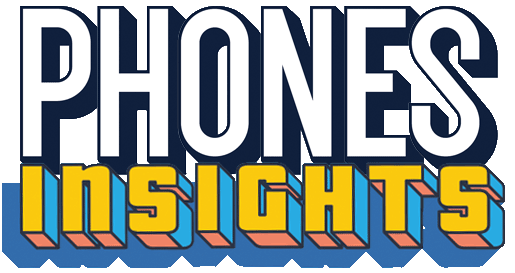What you should know
- The European Union’s Digital Markets Act (DMA), passed in 2022, aims to foster a fairer and more competitive digital marketplace by targeting major online platforms with gatekeeper status.
- These gatekeeper companies, including Apple, Amazon, Meta, Microsoft, Google, and ByteDance, are required to bring their operations in line with the DMA by March 7, 2024.
- A coalition of big technology and media companies has written an open letter, alleging that these gatekeepers are not adequately preparing for the upcoming regulations and have not engaged in sufficient dialogue with other industry players.
- The letter also calls for the European Commission and the European Parliament to ensure that the gatekeepers comply with both the literal requirements and the underlying principles of the DMA, including making their messaging apps compatible with rival ones or allowing users to choose which apps come pre-installed on their devices.
Full Story
Big tech companies have been having a rough time with the European Union recently. Why’s that? It’s got a lot to do with the Digital Markets Act (DMA).
The DMA was passed by the EU in 2022. It’s a pretty hefty piece of legislation and its main goal? To make the digital marketplace fairer and more competitive.
So, the DMA targets major online platforms with what they call gatekeeper status. This means these platforms have a lot of sway over the internal market and hold a dominant position as intermediaries. These so-called gatekeepers have a whole set of rules and restrictions to follow. The idea is to stop any potential misuse of market power and keep the environment competitive.
According to a report by CNBC (via Apple Insider), a bunch of big tech and media companies aren’t too happy about this. They’ve written an open letter, claiming that these gatekeepers aren’t doing enough to align their operations with the EU’s upcoming digital competition regulations.
You might be thinking, who are these gatekeepers? Well, they’re Apple, Amazon, Meta, Microsoft, Google, and ByteDance, the owner of TikTok. Yep, all the big names. The companies that signed the letter argue that these tech giants haven’t been playing ball with them and others in the industry.
The letter was signed by 24 companies, including Schibsted, Ecosia, Qwant, Element, and ProtonVPN. They’re saying that the gatekeepers “have either failed to engage in a dialogue with third parties or have presented solutions falling short of compliance with the DMA.”
They also mentioned that businesses and consumers are being “kept in the dark” about what’s going to happen after March 7, 2024. By then, all six gatekeepers are supposed to have their operations in line with the DMA.
The letter, which was signed by reps from a bunch of businesses affected by the DMA, is calling for the gatekeepers to start having constructive dialogues with business users and other stakeholders. This includes business and consumer associations. The goal is to move things along with proposed compliance solutions.
The signatories are also urging the European Commission and the European Parliament to do everything they can to make sure the gatekeepers comply with the DMA. This means both the literal requirements and the underlying principles of the act.
The big tech gatekeepers have some specific tasks to complete. For example, they need to make their messaging apps compatible with rival ones or let users choose which apps come pre-installed on their devices. Take Apple as an example—they need to give the green light to alternative app stores. This might lead to Apple splitting its App Store into two.

